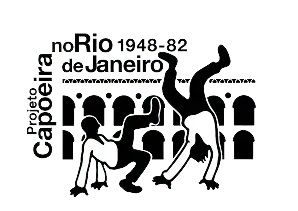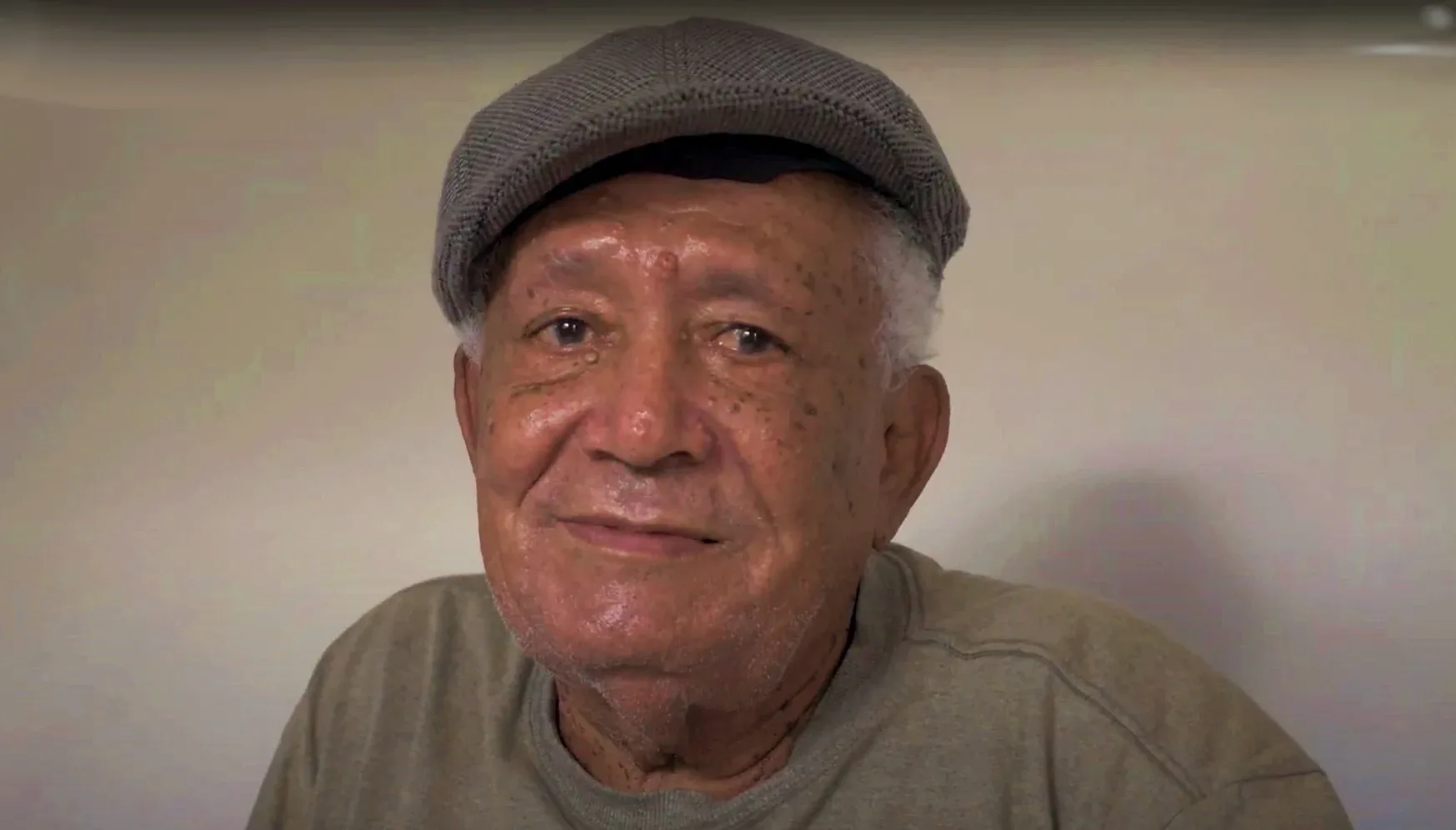Students of Mestre Roque is the most recent documentary produced for CapoeiraHistory.
By Matthias Röhrig Assunção.
Mestre Roque was among the first Bahian capoeiras to arrive in Rio de Janeiro in the 1940s and 50s. He stands out because he is at the origin of one of the city’s contemporary capoeira lineages, forming mestres such as Adilson, Sandrinha, Poeira, Paulo Siqueira, Derli, Lapinha, among others.
The video Alunos de M. Roque (M Roque’s Students), produced for Capoeirahistory, tries to rescue a little of this history. We invited three of Mestre’s students who trained at different times with M Roque to share their experience: M Paulo Siqueira, who trained at the academy in Morro do Pavão with mestres Adilson and Roque in the 1970s, M Lapinha, who accompanied M Roque at a later stage and M Cosme, who lived near Mestre’s last academy in Vilar do Teles (São João de Meriti/RJ). As Paulo explains, it were mainly poor residents of the hills of Pavão and Cantagalo who trained at the Mestre’s academy, along with some surfers who weren’t afraid to climb the steps into the slum.
At Roques’s academy, they played a different kind of capoeira from their surroundings in the South Zone of Rio de Janeiro, where the Senzala group’s capoeira reigned. In the same way, the “São Bento line”, as M. Roque himself called his style, was also different from the capoeira schools that were established with other Bahian masters in the suburb of Bonsucesso, the masters Paraná, Artur Emídio and Mário Buscapé, for relating to other lineages of masters and references in Bahia.
The documentary makes clear the importance of the mestre and his legacy for capoeira, both in Rio de Janeiro and abroad, given that his disciple, Paulo Siqueira, has been teaching since the 1980s in Germany.
Watch the documentary Students of Mestre Roque now:
Capoeira Contemporânea Capoeira no RJ Mestre Paulo Siqueira Mestre Roque Rio de Janeiro




Hi Dr. Assunção, I noticed that branches of Filhos de Angola abroad mentioned Mestre Mucungê as the main founder of the group.
“1960 – No 27 de junho foi fundado o grupo Filhos de Angola em Rio pelos mestres Mucungê, Dois de Ouro, Baleado, Onça Preta, Imagem do Cão e Roque”
But in your article it looks like Mestre Roque was sole founder, is it true?
Dear Alex – well spotted. To be honest, I don’t know which version is correct. We reproduced M Roque’s narrative, but as so often happens, he may have overstated his own role.
Thanks for your question, Alex, which is very important. Unfortunately I’m not in a position to give you a definitive answer. Mestre Roque claims to be the founder, but at the same time recognises the importance of Imagem do Cão, Onça Preta and others as you can see in our documentary “Conversa com Mestre Roque”, when we focus on his banner at his school in Nova Iguaçu. It is often the case that a capoeira master forgets co-founders. However, I don’t know to what extent Mucungê also excelled at playing in the roda, as all accounts mention his great performance at the berimbau.